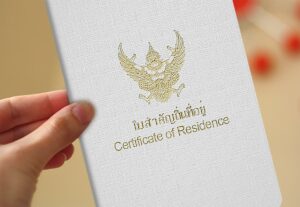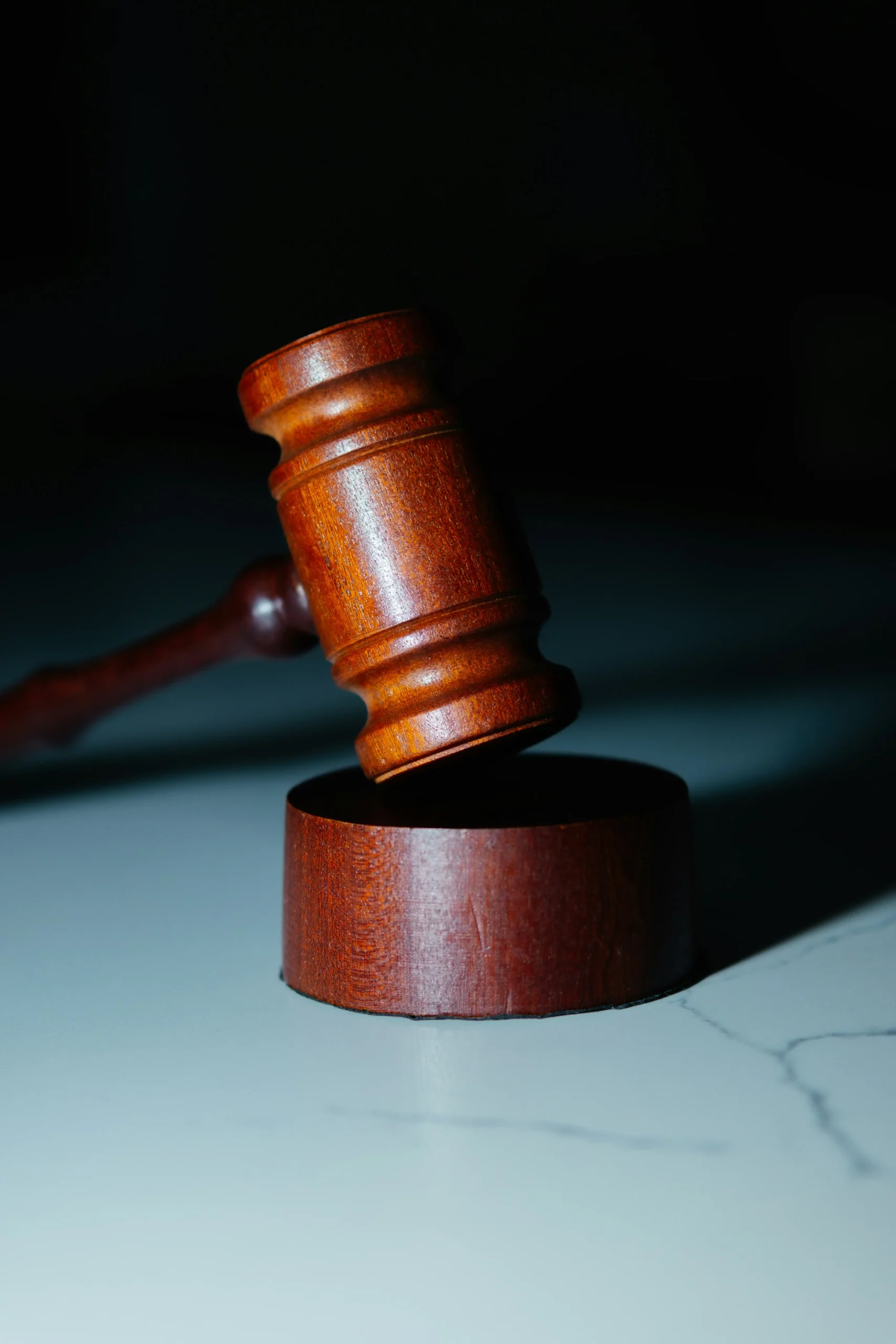Litigation in Thailand involves navigating a complex legal framework that blends civil law traditions with unique local procedures. Whether you are an individual or a business entity, understanding the litigation process is crucial to effectively resolving disputes within the Thai judicial system. This article delves into the key aspects of litigation in Thailand, from the structure of the court system to the stages of a lawsuit and enforcement of judgments.
1. The Court System in Thailand
Thailand’s judiciary is divided into three main branches:
Civil Courts
- Handle disputes related to contracts, property, torts, and family law.
- The Central Civil Court in Bangkok is the primary court for civil matters in the capital, while Provincial Courts cover other regions.
Criminal Courts
- Deal with offenses under the Thai Criminal Code and other specific legislation.
- The Central Criminal Court oversees serious crimes, while provincial criminal courts handle local cases.
Administrative Courts
- Address disputes involving government agencies or officials, including matters like taxation and licensing.
- The Supreme Administrative Court is the highest authority in this branch.
2. Key Principles of Thai Litigation
Civil Law System
Thailand follows a civil law system, meaning laws are codified, and judges interpret statutes to make decisions. Precedents play a less significant role compared to common law systems.
Burden of Proof
In civil cases, the plaintiff bears the burden of proof, requiring clear and convincing evidence to support their claims.
Adversarial Process
Litigation in Thailand follows an adversarial model where both parties present their arguments and evidence before a neutral judge. There are no juries in Thai courts.
3. Stages of Litigation
a) Filing the Complaint
- The plaintiff initiates the process by filing a statement of claim (complaint) with the court.
- The defendant is then served with a summons and has 30 days to respond.
b) Preliminary Hearings
- The court may conduct preliminary hearings to clarify issues, set timelines, and explore settlement options.
- Both parties must disclose their evidence and witness lists during this phase.
c) Trial
- The trial involves presenting evidence, cross-examining witnesses, and making legal arguments.
- Unlike in some jurisdictions, trials in Thailand may be split into multiple sessions over several months.
d) Judgment
- After considering the evidence, the judge delivers a verdict, typically in writing.
- In complex cases, the decision may take several weeks or months.
4. Appeals Process
If a party disagrees with the court’s decision, they can appeal:
- Court of Appeal: Reviews the case based on the records from the lower court. New evidence is generally not allowed.
- Supreme Court (Dika Court): The highest court for civil and criminal matters, focusing on points of law rather than factual disputes.
5. Enforcement of Judgments
Winning a lawsuit does not automatically ensure compliance. The judgment must be enforced through the Legal Execution Department (LED). Steps include:
- Seizure of Assets: Property or assets may be seized and auctioned.
- Garnishment: Wages or bank accounts can be garnished under court orders.
6. Alternative Dispute Resolution (ADR)
To avoid lengthy litigation, parties may consider:
- Mediation: Encouraged by courts for civil disputes.
- Arbitration: Often used in commercial and international cases, with decisions enforceable under the Thai Arbitration Act B.E. 2545 (2002).
7. Challenges and Considerations
- Language Barrier: All court proceedings are conducted in Thai, and official translations are required for foreign documents.
- Legal Representation: Foreigners must engage licensed Thai attorneys to represent them in court.
- Cultural Factors: Respect for hierarchy and formalities is crucial in legal interactions.
Conclusion
Litigation in Thailand requires a thorough understanding of its legal system, procedural nuances, and cultural context. While the process can be complex, particularly for foreigners, engaging experienced legal counsel and considering ADR options can help navigate disputes effectively. This structured approach ensures that both individuals and businesses can protect their rights and achieve fair outcomes within the Thai judicial framework.
You might also enjoy

Thai Business Partnership
A Thai business partnership is one of the most commonly

Thailand Permanent Residency
Thailand Permanent Residency (PR) is a highly sought-after immigration status

Child Custody in Thailand
Child custody in Thailand is governed by the Civil and


